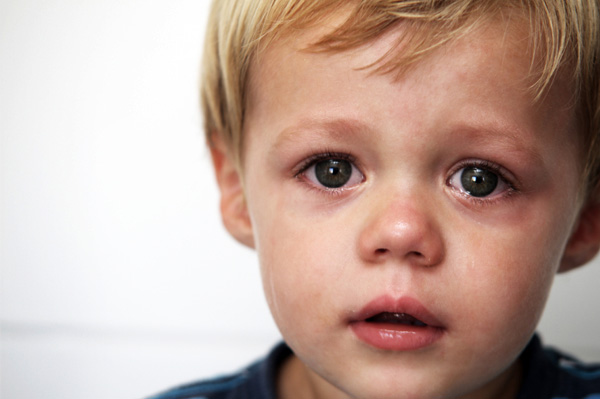By Karen Torrisi
Anxiety is something that is very common in children and seems to becoming more common. It is not uncommon to hear a parent saying they are having problems with their children and anxious behaviours or OCD?? Here are some tips that may help you .....ALTHOUGH....if your child's anxiousness is a behaviour they have had for a while and it is growing, please call us for an appointment as leaving it will only make things harder for you and your child.
In most cases, fears in childhood are mostly short-lived and different anxieties develop at different stages for example
- Babies and toddlers might fear loud noises, heights,and separation
- Preppies might start to show fears of the dark
and school age children might be afraid of supernatural things (like ghosts & monsters), failure, criticism and test. But all of these are usually overcome though in some cases these can manifest into something more.
What are the causes? likelihood of anxious behaviour can steam from "it runs in the family". People can learn to think and behave in an anxious ways by watching other and experiencing something "scary". With children certain things can increase the child’s chances of becoming anxious.
1. Acknowledge your child’s fear – don’t dismiss or ignore it. Support your child to accept uncertainty. Yes, its impossible to completely eliminate uncertainties though you can assist your child to be more accepting of uncertainties.
2. Support them to challenge underlying beliefs and thoughts - negative beliefs and thoughts such as, 'i don't look perfect & no one will like me' or coping with scary situations are significant to generating anxieties. Communicate in a effective way, ie. gently encourage your child to do things they are anxious in but DON'T force the situation if they don't want to face it.
3. Be a role model - If you have any anxieties you need to learn to manage these first. Children learn from us and they will see you incorporate strategies into your own behaviours. Teaching parents to manage their own anxieties have been proven to help with children's anxieties.
4. Be patient - behaviours don't happen over night and depending on the severity of their anxiousness or behaviours this will take time and you may need help from a professional.
5. If children come to your with a anxiety based issue: listen, understand, reassure BUT don't label them. There are also techniques that can be learned to overcome anxieties.
6. Encourage plenty of physical exercise as well as appropriate sleep patterns. These both can help anxieties. Also reduce or eliminate the amount of caffeine and sugary products consumed by children as these can all increase energy levels and anxiety levels.
7. Making time: this involves making time for things the child enjoys and relaxes them. For example if a child enjoys reading, encourage this... If they enjoy listening to music, encourage that. Letting them do things that relax them each day for 20mins of so will help with children stressor and anxieties especially in most of our busy life styles these days. Even if your children don't have anxieties they all need down time each day or quiet time!!
8. Make sure that if you believe this is becoming more of a issue that there is people who can help and you will need to explain this to your child too. Child Psychologist can help children and parents understand and handle these problems and gives children a sense of knowing they can get support.
Lastly.... Just remember ANXIETY includes panic attacks, OCD tendencies, social phobias, specific phobias, reoccurring nightmares/trauma, reoccurring thoughts, physical anxiety and much more. If you have concerns, Call the office for a appointment or email info@babysmiles.com.au for a Skype appointment. Remember if you require a medicare rebate just make sure you have a referral from your GP.


